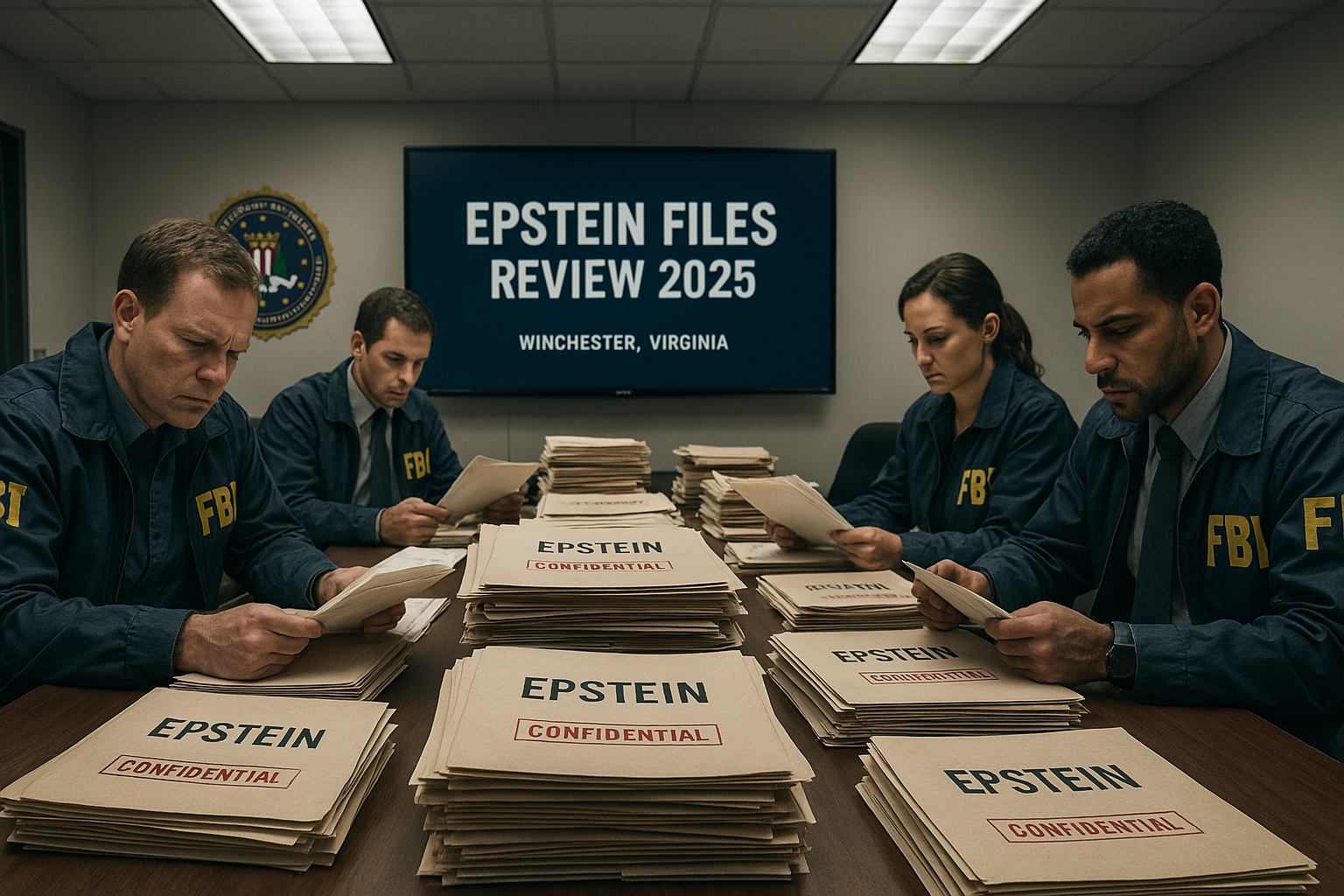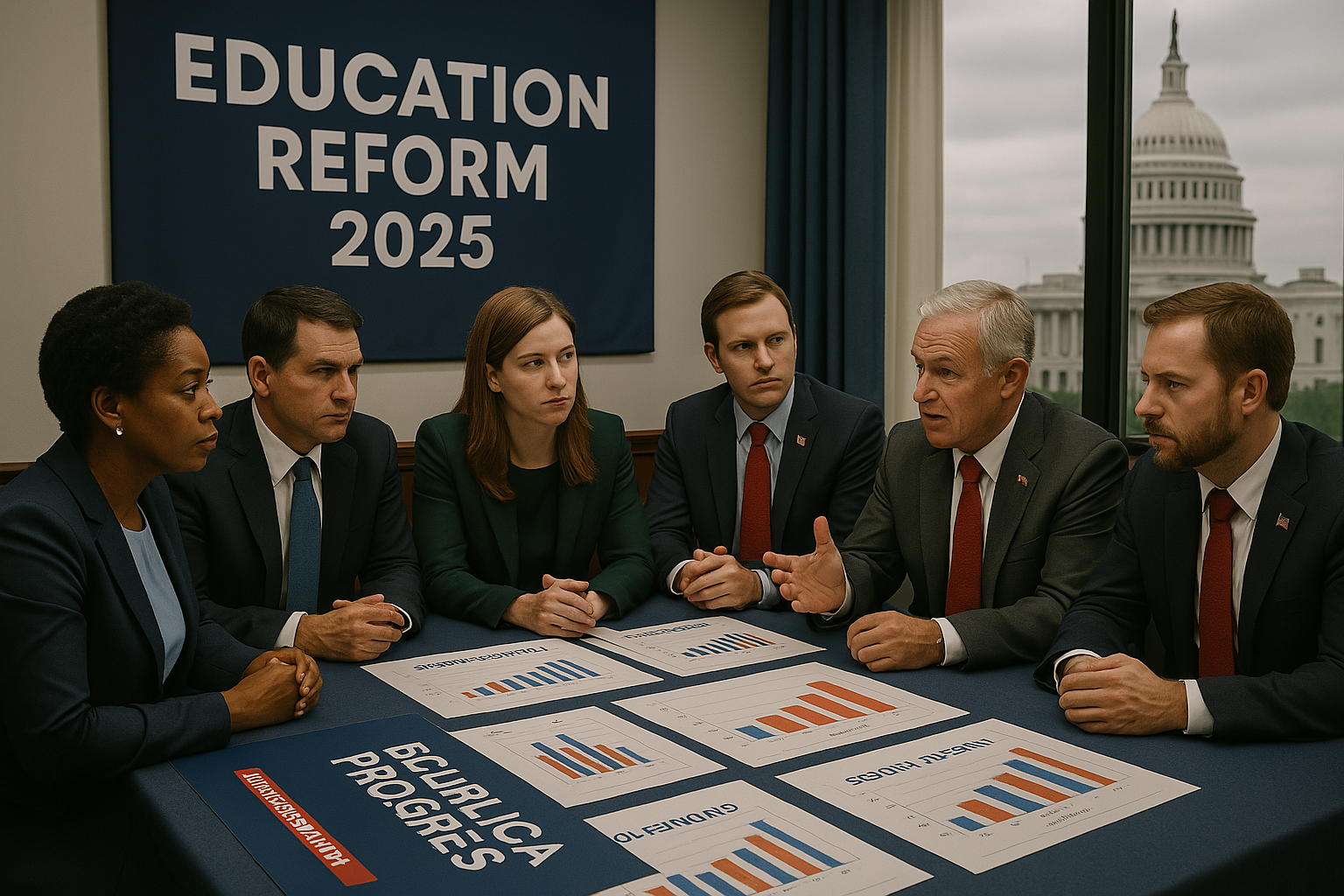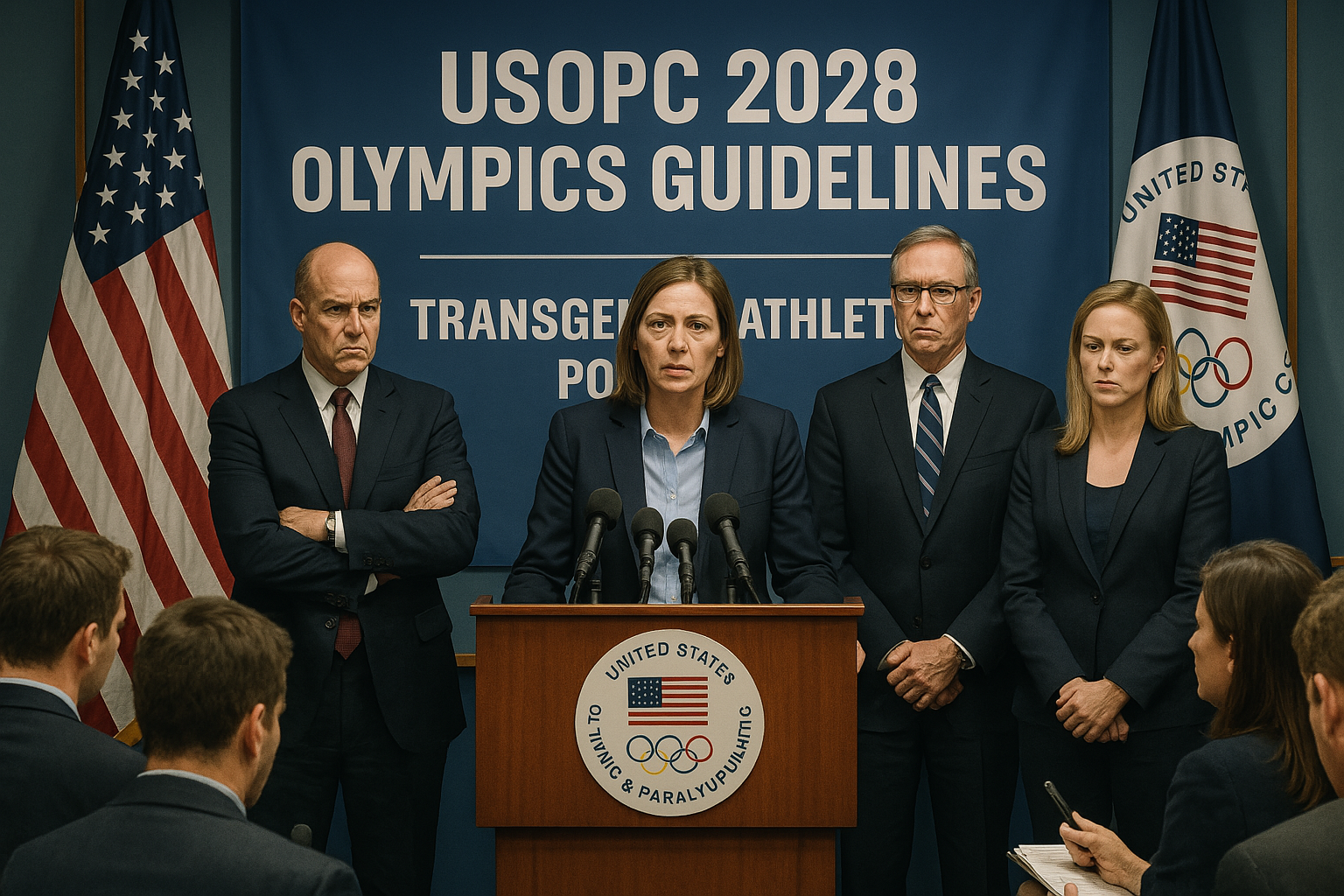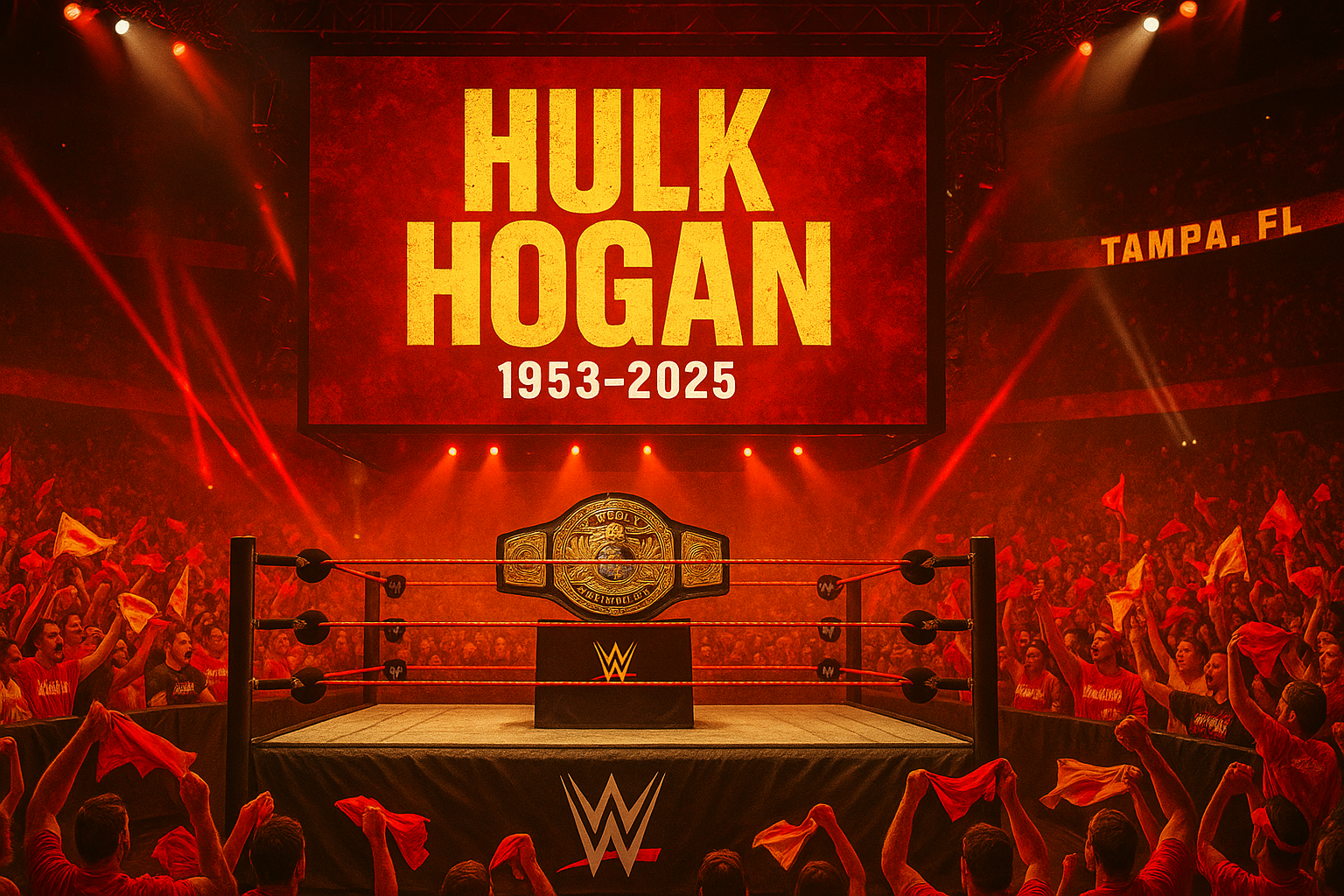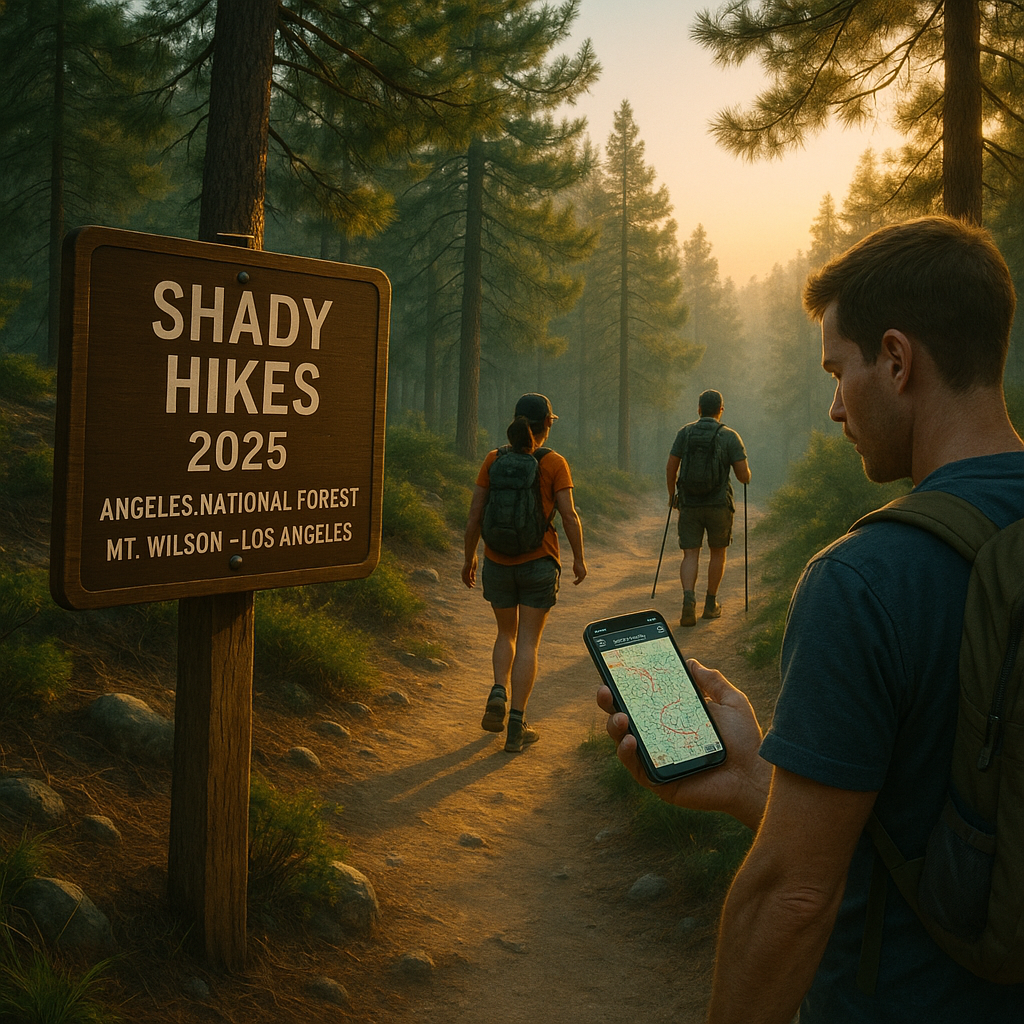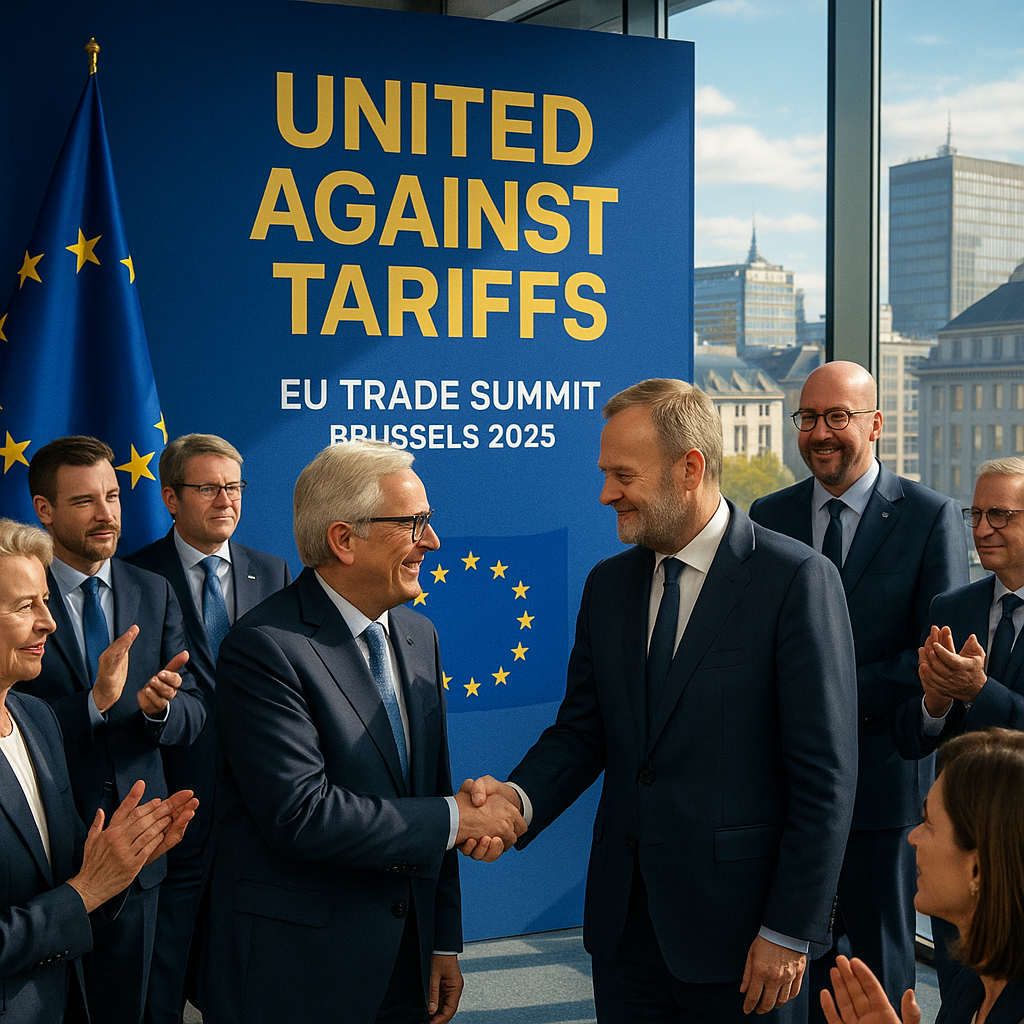Meta’s AI Talent War 2025: Zuckerberg’s $100M Push to Rival OpenAI
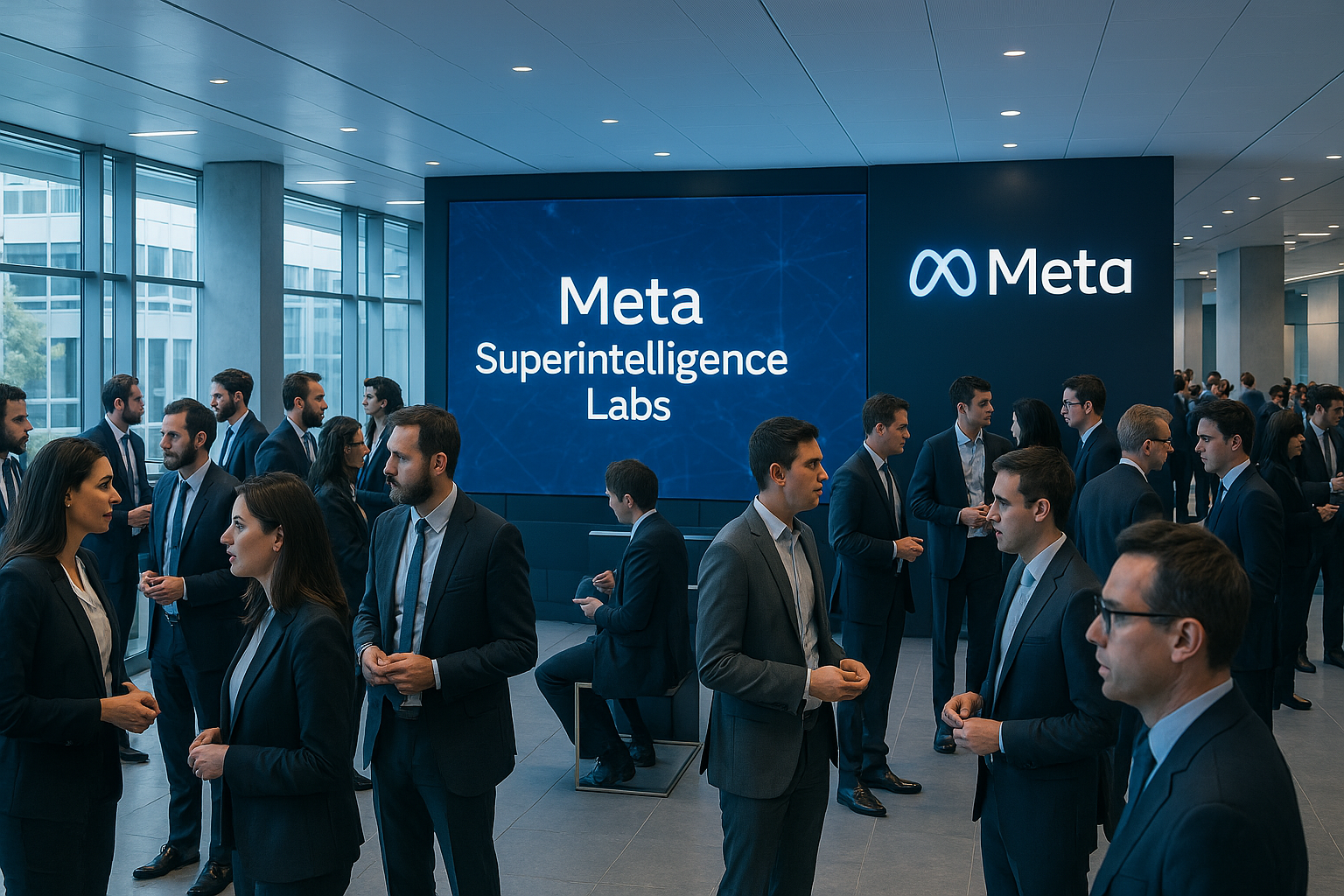
In July 2025, Meta CEO Mark Zuckerberg is intensifying the AI talent war, offering $100 million signing bonuses to poach top researchers from OpenAI and other rivals, as reported by The Wall Street Journal. This aggressive recruitment drive, aimed at building Meta’s Superintelligence Labs, has sparked a heated rivalry with OpenAI’s Sam Altman, who dismissed Meta’s efforts as “distasteful” and unlikely to secure top talent. With AI innovation at stake, this article explores Meta’s bold strategy, its impact on the tech industry, and the challenges of sustaining this high-stakes talent race, drawing on sources like CNBC, WIRED, and X posts.
Background of Meta’s Recruitment Blitz
Meta’s push to dominate AI is reshaping Silicon Valley’s competitive landscape.
Zuckerberg’s Superintelligence Labs
On June 30, 2025, Zuckerberg announced Meta Superintelligence Labs (MSL), a new division to pursue artificial general intelligence (AGI), led by Alexandr Wang, former Scale AI CEO, and Nat Friedman, ex-GitHub CEO, per CNBC. The lab, staffed by nearly two dozen researchers, aims to close Meta’s AI gap with OpenAI, whose ChatGPT set the industry standard. Zuckerberg’s hands-on approach includes personal outreach to candidates via WhatsApp and hosting dinners at his Palo Alto and Lake Tahoe homes, per The Wall Street Journal. Offers include $100 million bonuses and access to cutting-edge GPUs, critical for AI research.
OpenAI’s Response
OpenAI CEO Sam Altman has pushed back, claiming Meta failed to poach his “best people” despite “crazy” offers, per The Guardian. In a leaked memo, Altman warned that Meta’s tactics could lead to “deep cultural problems,” emphasizing OpenAI’s mission-driven culture over financial incentives. OpenAI’s chief research officer, Mark Chen, likened Meta’s poaching to a “home invasion,” promising to recalibrate compensation to retain talent, per WIRED. X posts, like @WIRED’s, highlight Altman’s “missionaries beat mercenaries” stance, reflecting industry sentiment.
Industry-Wide Talent Competition
The AI talent war extends beyond Meta and OpenAI. Google DeepMind, Anthropic, and Amazon are also vying for elite researchers, with Google enforcing noncompete clauses and OpenAI offering $10 million annual salaries, per Fortune. Meta’s $14.3 billion investment for a 49% stake in Scale AI underscores the high stakes, per Reuters. The Carlyle Group estimates $1.8 trillion in AI computing spending by 2030, fueling a race for talent, per The Guardian. This competition reflects AI’s potential to generate hundreds of billions in revenue, as OpenAI’s $10 billion annual recurring revenue shows, per Axios.
Key Moves and Hires
Meta’s recruitment strategy combines massive financial offers with strategic acquisitions.
High-Profile Poaching
Meta has poached seven OpenAI researchers, including Lucas Beyer, Alexander Kolesnikov, and Xiaohua Zhai from OpenAI’s Zurich office, per Reuters. Other hires include Jack Rae from Google DeepMind and Johan Schalkwyk from Sesame AI, per Fortune. Jason Wei and Hyung Won Chung, who worked on OpenAI’s o1 model, also joined Meta, per WIRED. However, Meta failed to recruit OpenAI co-founders Ilya Sutskever and John Schulman, who started new ventures, per TechCrunch. Zuckerberg’s “Recruiting Party 🎉” chat with executives coordinates these efforts, per The Wall Street Journal.
Strategic Investments
Meta’s $14.3 billion Scale AI deal brought Wang and key researchers to MSL, per Reuters. This follows Google’s $2.7 billion acquisition of Character.AI for talent, per The Guardian. Meta’s investments aim to bolster its lagging Llama 4 model, which ranked 32nd in public benchmarks despite an earlier experimental high, per The Atlantic. These moves signal a shift from Meta’s earlier AI struggles, with Zuckerberg betting big on AGI to reposition Meta as an AI leader, per Bloomberg.
Impact on Meta and OpenAI
Meta’s talent war is reshaping both companies. For Meta, the influx of researchers strengthens MSL, but its 64% retention rate lags Anthropic’s 80%, per SignalFire’s 2025 State of Talent Report. The Llama 4 delay and lukewarm developer response highlight Meta’s challenges, per The Atlantic. X posts, like @StockSavvyShay’s, frame Meta’s hiring as a bold push to catch up, boosting its stock by 2% in June 2025, per Reuters.
OpenAI faces talent drain risks, with Chen’s memo reflecting morale concerns, per WIRED. However, Altman’s focus on mission-driven culture has retained key talent, with no “best people” leaving, per CNN. OpenAI’s $10 billion revenue and Microsoft’s $13 billion backing provide financial stability, per Fortune. Still, recalibrating compensation to match Meta’s offers could strain resources, per TechCrunch.
The broader industry feels the ripple effects. Smaller startups struggle to compete, with venture capitalists like Deedy Das noting Meta’s $2 million annual salary floors, per Fortune. The talent war is driving up costs, with Axios reporting a “high-risk, high-reward” gamble for AI dominance.
Challenges of the Talent War
Meta’s aggressive tactics face significant hurdles. High compensation risks cultural issues, as Altman warned, with an outgoing Meta researcher noting unclear AI mission goals, per The Atlantic. Wang’s non-computer science background as chief AI officer may alienate Meta’s PhD-heavy team, per Fortune. Financially, Meta’s $40 billion quarterly ad revenue supports its $100 billion data center plan, but investor concerns about ROI persist, with a 0.5% stock dip in July, per Reuters.
OpenAI faces retention challenges, with Chen’s “around-the-clock” efforts to counter Meta’s offers straining leadership, per WIRED. Industry-wide, noncompete clauses and high turnover (36% at Meta, per SignalFire) complicate talent stability, per Fortune. X posts, like @Reuters, highlight Meta’s massive data center spending, raising sustainability concerns. Ethical questions about poaching and monopolistic practices also linger, per Futurism.
The Future of AI Competition
Meta’s talent war signals a pivotal moment for AI. MSL’s success hinges on integrating new hires and delivering on AGI, with Zuckerberg aiming for “personal superintelligence for everyone,” per CNBC. OpenAI’s focus on culture and innovation, backed by $10 billion in revenue, positions it to maintain its lead, per Axios. Industry trends suggest consolidation, with acquisitions like Meta’s Scale AI deal shaping the landscape, per The Guardian.
To sustain momentum, Meta could adopt community-driven retraining programs, like those in Chicago for urban safety, to upskill existing staff. Internal Link: Los Angeles Crowd Crush Tragedy Regulatory scrutiny of poaching practices, as seen in Amazon’s AWS layoffs, may also emerge. Internal Link: Amazon AWS Job Cuts 2025 The AI talent war will shape innovation, with Meta and OpenAI’s rivalry driving progress—or division—in the race for superintelligence.



